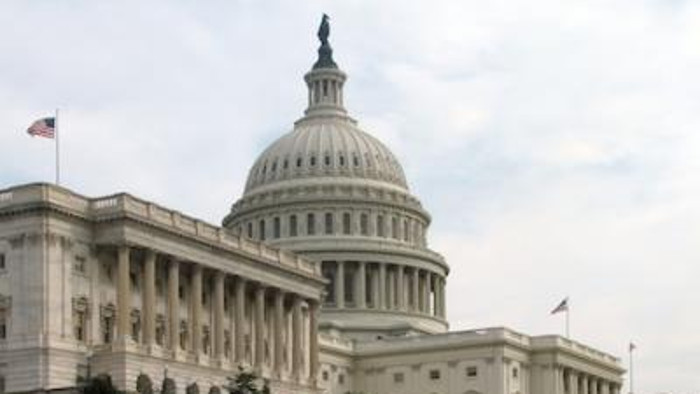Modern TV Act of 2021 Tackles Blackouts
2020 saw 327 blackouts due to retransmission negotiations

WASHINGTON—The Modern Television Act of 2021, from House Republican Whip Steve Scalise (R-La.) and Rep. Anna Eshoo (D-Calif.), has officially been introduced, which at its heart looks to repeal regulations that would help prevent future station blackouts as part of retransmission negotiations.
According to the press release announcing the legislation, there were 327 station blackouts in 2020, removing channels from viewers as part of negotiations between MVPDs and broadcasters.
“Until we modernize outdated video laws, blackouts will continue to happen while market prices surge,” said Rep. Eshoo. “I’m proud to partner with Congressman Scalise to introduce this legislation to protect consumers, encourage market competition, lower prices, and bring an end to broadcast blackouts.”
The Modern Television Act of 2021 would repeal regulations from the 1992 Cable Act. The new bill proposes the following:
- Requiring MVPDs carry a broadcast signal while the parties continue negotiations for up to 60 days, with parties being retroactively paid for their content aired during that time.
- Repeal transmission consent, compulsory copyright licenses and other outdated statutory provisions and regulations to allow free-market contract negotiations to happen under traditional copyright law.
- Establishing an optional mechanism for the FCC to compel parties to seek “baseball-style” binding arbitration through a neutral third-party arbitrator following an extended impasse or finding of bad faith. Would protect against blackouts and pays copyright holders for their content during the arbitration process.
- Preempt federal, state and local authority to regulate rates of cable services.
- Requiring the Government Accountability Office to report specific metrics about the impact of this Act on consumer and the marketplace every two years. If a net negative is determined, the FCC must recommend policy changes to Congress.
- Ensuring consumers have access to local programming by retaining the ability of a local TV broadcast station to require carriage on cable and satellite providers in their local market.
“Congress needs to finally modernize the outdated 1992 video laws that no longer fit today’s technology. Our bill brings back basic copyright protection laws, so that everyone gets paid for their products, and consumers get to choose whatever they want to buy, wherever they want to buy it and watch whatever they want on any device they choose,” said Scalise.
The American Television Alliance, which has been highly critical when blackouts occur, praised the proposed legislation.
“After broadcasters set records for retransmission blackouts during a public health crisis over the last year, it is more urgent than ever this legislation be advanced,” said Jessica Kendust, an ATVA spokesperson. “We commend Representatives Eshoo and Scalise for their foresight and understanding that now is the time to update this nearly 30-year-old system for the benefit of American television consumers.”
Get the TV Tech Newsletter
The professional video industry's #1 source for news, trends and product and tech information. Sign up below.
“This bill has the right approach: Instead of continuing to tweak the current cumbersome and duplicative system of compulsory copyright licenses, with broadcaster retransmission consent negotiations layered on top, it would shift the video marketplace to one based purely on privately-negotiated copyright,” added John Bergmayer, legal director, Public Knowledge. “At the same time, it would eliminate a number of protectionist rules that have outlived any usefulness they may once have had.”
NAB, on the other hand, has come out in opposition against the bill, saying that it would eliminate the legal underpinnings of the local broadcast system.
“NAB continues to oppose legislation that undermines the foundation of broadcast television,” said Ann Marie Cumming, NAB senior vice president of Communications, in a statement. “Every day, Americans rely on local broadcast TV stations for news, weather, investigative journalism, public affairs programming, sports, popular entertainment and emergency information—including critical lifeline coverage of the COVID-19 pandemic during the past year. We strongly urge policymakers to work with broadcasters on preserving and strengthening a local broadcasting system that provides immeasurable service to our communities.”
